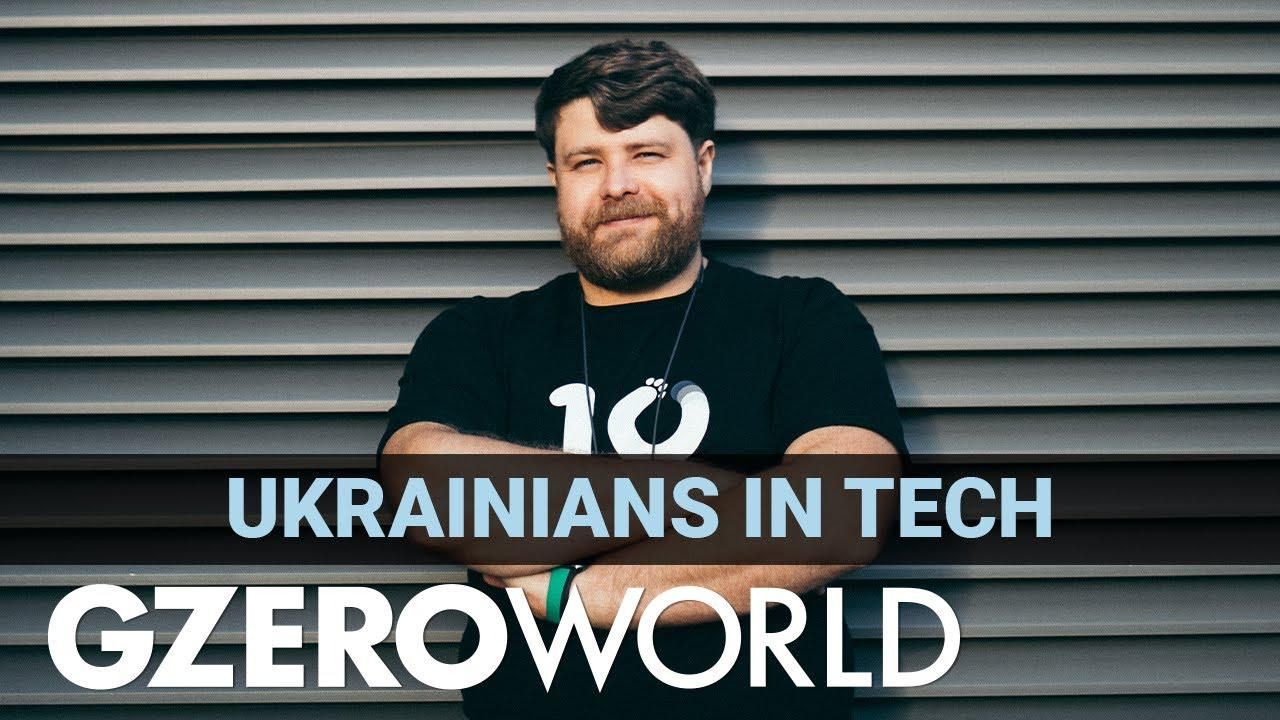
You are more dependent on Ukrainians than you may realize. Every time you use a ride hailing app, order food with your phone, or even just send an email — there’s a good chance you’ve used software designed or maintained by someone in the country. In fact, as you read these words, you are depending on the work of coders from Kyiv.
That’s because over the past 10 years Ukraine has become one of the leading sources of talent and outsourcing in IT and software development. On the eve of Russia’s invasion, there were close to 300,000 IT specialists in the country, according to a local IT association.
And the Dutch outsourcing giant DAXX says a fifth of Fortune 500 countries have development teams there. Last year, Ukraine exported nearly $7 billion in IT services, accounting for one-tenth of all goods and services it sold to the rest of the world.The country’s proximity to the rest of Europe, competitive wages, and a strong Soviet-era tradition of engineering and sciences education have all drawn international interest, says Andrea Breanna, CEO of RebelMouse, which provides web design and client management services to a number of companies — including GZERO Media.
Now, even with Russian rockets and artillery raining down on Ukrainian cities, many of those professionals are still hard at work.One of them is Alina Kravchenko, a RebelMouse developer living in Myrhorod, a once-bustling resort town in central Ukraine. She says that while many of her fellow developers left for Poland, she stayed because her husband, who is of fighting age, wouldn’t be allowed to leave with her.
Working at night to stay on New York time, Alina has, like others in Myrhorod, papered over her windows to keep her lights from attracting the attention of Russian fighters, drones, or reconnaissance.
Still she considers herself “one of the lucky ones” she says. “I have chosen this profession, and I'm working for a foreign company. If you have internet and if you have electricity, you are able to work and you will get your income.” Other Ukrainian tech leaders actually went back to the country as the war was starting.
Oleksandr Kosovan, is the CEO of Macpaw, which makes a variety of apps for Mac users. Amid rumors of war in January, he took his family to safety abroad.But then, he says, he returned to Kyiv just before the Russian assault began. While nearly half of his 400 employees have since left the country, he stayed.
“I decided that it would be really difficult to explain to my kids, to look into their eyes, and explain why we lost our home, why we lost our country,” he says. “I think it was one of the bravest decisions in my life.”
He says his company has prepared emergency kits for employees, set up plans to automate their operations in case the power goes out, and secured databases of client information that could be captured by Russian troops.
For now, so long as the electricity is on, tech pros like Kosovan and Kravchenko continue to work. And they’re optimistic that when the war is over, the industry may be even stronger as Ukraine seeks to rebuild.
“The easiest way to recover the economy will be through businesses that are easy to scale, easy to recover,” says Kosovan. “So I still think that it will be major industry for Ukraine, and even bigger in the future.”